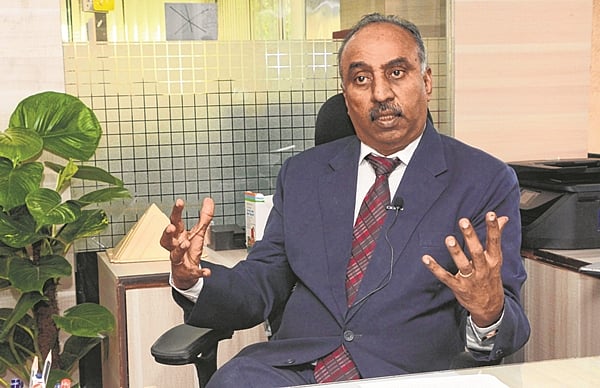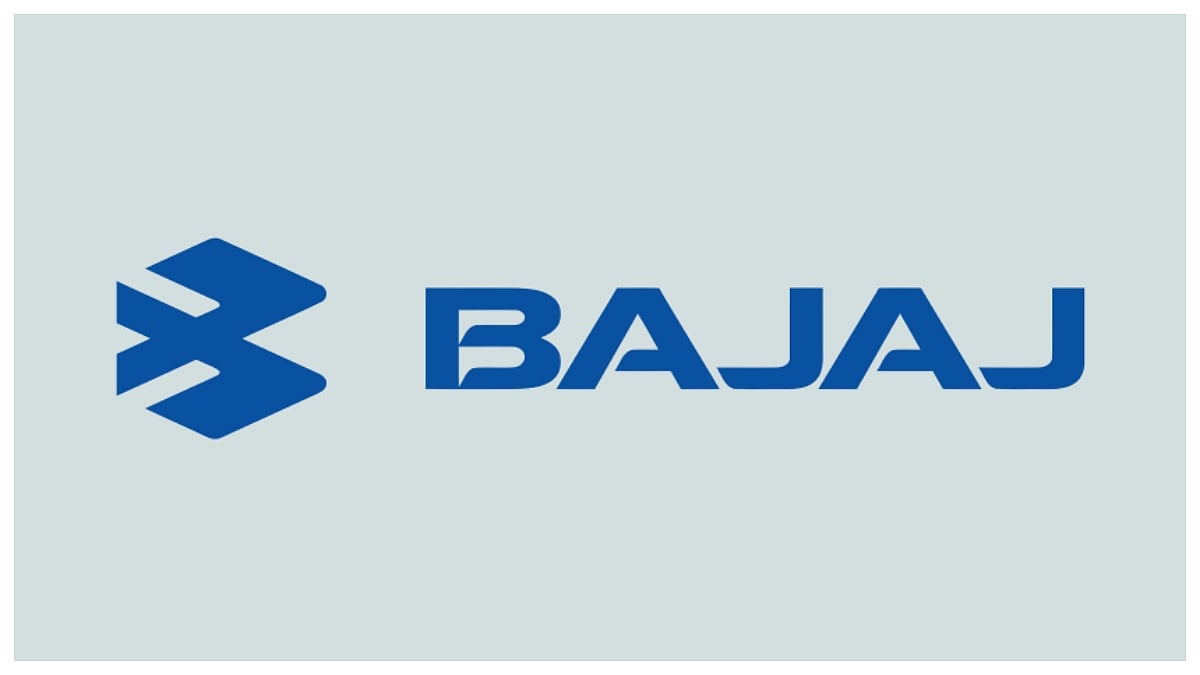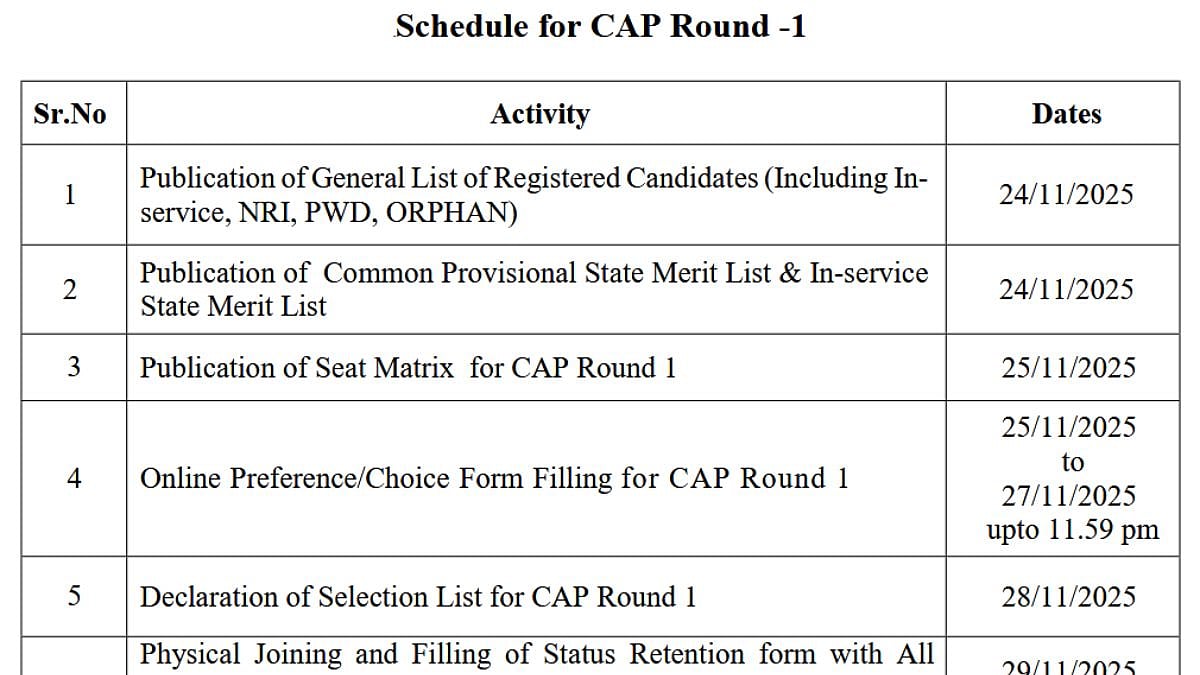The order used in the headline is exactly the way Narayanan Sadanandan, Managing Director and Chief Executive Officer, SBI Pension Funds, pitches his company’s USP.
His firm manages about Rs 1.50 lakh crore (38 per cent) of the total assets under management of approximately Rs. 3.92 lakh crore of funds in the National Pension System (NPS) (as on 30 November 2019).
In an elaborate interview with S Narayanan of The Free Press Journal, he spoke about his company’s business and the environment in which it operates.
Edited excerpts:
What is the role of the fund manager in the NPS set up?
The idea in pensions is to maximise benefits and enhance value to subscribers. We are running a 10,000 m race. We have to keep on running. This is not a 100 m dash.
Mutual funds, life insurance companies and NPS funds manage pension funds. What is the difference in the approach of the three?
Our philosophy is to be more focused on safety and liquidity and then on return. We focus on the risk adjusted return. PFRDA’s (Pension Fund Regulatory and Development Authority) guidance itself pushes us to take lesser risk as the subscriber nears the superannuation age. That is how the scheme is designed.
Mutual funds will follow the investor’s declared risk appetite; in NPS, even if you have more risk appetite, calibrated checks kick in to orient the approach towards security and liquidity as one approaches superannuation.
How does the low cost structure of NPS funds benefit the investor?
We invest Rs 99.99 of every Rs 100 that comes in (to the pension fund manager). An investor’s minimum holding period in NPS is at least 10 years.
When an investor keeps investing regularly over long periods and does not withdraw in between, he reaps the power of compounding; doesn’t matter if the amounts are small. This cost differential alone will give huge benefits.
Typically, holding periods in mutual funds are much shorter. We do not churn for the sake of churning.
From investors’ perspective, the cost of NPS funds is the least. Also, the leakages – entry, exit, transaction, churning costs - are almost non-existent here. Because, in the NPS, once you enter, you exit only at superannuation. There are no leakages.
Another huge benefit comes from the tax treatment. What is different is that up to 60 per cent of the accumulated corpus can be withdrawn as a tax free lump sum on superannuation.
Your website reveals that your organisation structure is very lean. Is the fund management outsourced?
Fund management is our core activity. It can never be outsourced. It is our core competency. Inflows are constant. The challenge is to deploy this inflow profitably and ensure that it is safe. Pension funds are long term funds. These have to be deployed for long periods and generate alpha.
Our fund returns have been around 10 per cent per annum over the last 10 years. This is not guaranteed.
Our dependence on external factors that validate our presumptions is weakening. Trust levels on various players in and around this arena have decreased over the last two-three years — be it companies, independent directors, auditors, or the dependence on credit rating.
In such a circumstance, we have to work with our capability to carry out due diligence and identify companies that can run for the long term. That is our differentiator.
Despite NPS being so attractive, private contributions are only about 10 per cent. Why?
Penetration is very low. Knowledge of our products has not percolated as yet.
Some private sector companies have their own superannuation funds; their treasuries manage these funds.
NPS offers options to both employees and employers. In fact, NPS can be a good scheme to retain talented employees. If the employer contributes 10 per cent of basic and dearness allowance in NPS, then that amount is tax deductible in the hands of the employee.
This can be a differentiator between a company that has adopted NPS and a company that has not adopted NPS.
As of today, only 2 per cent of the total target has been covered by NPS. There are about 11 crore employees in the organised sector, who have regular accounts with regular deductions. Only a fraction of these accounts have come to NPS.
Outside of this organised employment, a workforce of about 60-80 crore exists. Compare this with the total NPS subscribers of about 2 crore. We clearly need more awareness.
People still think that the best bet for their old age security is their children.
This product is not to make a low-wage worker a millionaire. In this, a subscriber creates a corpus over a period of time, and can thus provide for post retirement income so that he could maintain his standard of living. So that he can live with dignity and stability.
We need to have an enabling ecosystem. SBI Pension Funds is trying to do a completely digitalised platform, in which, a subscriber can complete the process without any manual intervention.
With digitalisation, we could cover a huge number of people that we could not reach out to in the last 10 years. To achieve that we have to create infrastructure and be enablers to make the whole process easier for subscribers to get onboard. We have to spread the benefits of the scheme.
How do you think falling interest rates will affect returns from pension funds?
There is a dichotomy here. We must not look at interest rates in isolation; rather, we must look at it in conjunction with inflation. If inflation is controlled, interest rates decline and the economic activity picks ups, I am not worried. However, if there is depression or deflation, then that would be worrisome, because that could affect our portfolio.
We are a long-term player. We have been around for 10 years now. We have seen different levels, different economic cycles, different interest rate cycles and so on. We may get the benefit of higher Mark to Market (MTM). We hold our investments for long periods.
Corporate bonds give us a spread over government securities. We take care that we not only recover interest from such investments, we also recover the principal. This is very important, especially in a scenario where credit ratings drop from AAA to D in a couple of days if not hours.
Also, we have seen that low interest rate regime is accompanied by better returns from equity. Some alpha kicks in from here as well.
How does being a SBI Group company help?
We maximise our efficiency due to us belonging to the SBI group. Our group manages about one third of the market in different ways — SBI treasury, SBI Mutual Fund, SBI Life Insurance, SBI General Insurance. These relationships are leveraged to bring down the overall cost.
NSDL, a CRA (Central Record keeping Agency), maintains a completely digitalised site for new subscribers – eNPS. About 200-500 people enroll through this site every day.
About 40 per cent of them without any PoP (Point of Presence) support or hand holding choose SBI Pension Funds as their pension fund manager. That is our brand recollect. That speaks for our safety and integrity.









